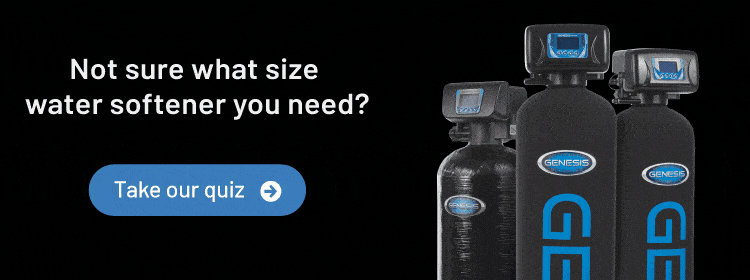Fleck 5600 SXT Downflow vs. Genesis Upflow Water Softener
Posted by Discount Water Softeners on Dec 7th 2018
Downflow Fleck Water Softener Versus Upflow Softeners
Which Technology is Better for Your Budget?
Water softeners get rid of the accumulated excess minerals and metals such as calcium, iron and magnesium in your water supply that create the condition known as "hard" water. Hard water leaves minerals deposits in the fixtures and pipes of your showers, bathtubs, and toilets. This accumulation of deposits leads to clogging and corrosion in your plumbing system, which reduces its effectiveness and shortens its life. It is also damaging to all your appliances. There are two types of water softeners available to help homeowners with their hard water problems: downflow and upflow technology.
The Fleck Water Softener
Fleck manufactures downflow softeners, which directs the water in them from its entrance into the tank, through an upper basket, then flows down and around the outside of the system's distributor tube and through the water's resin. After the water flows through the resin, it continues into the lower basket found at the bottom of the riser tube. From there it travels up that tube and exits the tank.
Water softeners backwash and "fluff" the resin. This is necessary because incoming water is always pressing down on the resin and eventually this compacts it with the downflow technology. The water may even make tunnels or channels in compacted resin material, preventing incoming water from reaching anymore resin. Thus, the effectiveness of the softener is weakened. A downflow system must do a full regeneration to avoid this channeling behavior.

Fleck 5600
The Fleck 5600 softener is a downflow system that is often used for rental properties due to its cheap price and minimal features. The Fleck 5600 timered water softener is set to run its regeneration on set days at a certain time, regardless of the volume of water usage. This means that sometimes there will be unused softened water already available at that time, which wastes water and salt when a regeneration occurs before it's even required.
Fleck 5600 SXT
When Fleck water softeners appeared on the scene, they represented a new savings in water and salt consumption over softeners that existed 50 years ago. The Fleck 5600 SXT is a "set and forget," on demand system, just like the newer, more efficient upflow water softener today. Homeowners don't have to reset or reprogram the time on this model in the event of a power outage. Its non-volatile memory prevents the loss of system settings. By custom setting your cycle settings you could save up to 40% on the use of salt over existing timered systems, yet, it still uses 75 percent more water and 64 percent more salt than the upflow softeners sold today.

Upflow Systems Make Downflow Technology Outdated
Today, however, any Fleck models with downflow technology like the Fleck 5600 SXT, 7000 and 5000 models are wasteful and inefficient. Upflow designed water softening systems save thousands of gallons of water and thousands of lbs. in salt. One benefit of upflow technology is that channeling is not an issue when they are used to soften your water.
Unlike the downflow systems, an upflow softener directs the water in an upflow fashion. The water flows from the tank bottom in a swirling motion up through the resin. The Genesis Upflow, high efficiency, on demand, metered, digital water softener has a 30 percent reserve of positively charged resin from the previous regeneration. The upflow regeneration allows the system to use 30 percent less salt or potassium since the brine solution can be a 70 percent solution, thereby eliminating the need for dual tank systems for your home.
What does this mean for the average homeowner's bottom line? In summary, it means that with Fleck's outdated downflow technology, you will use 75 percent more salt than you would with an upflow system and 64 percent more water than today's high efficiency upflow softeners do.
Genesis vs Fleck
When you compare the data for the Genesis High Efficiency Upflow Softener System with the Fleck 5600 SXT On Demand Downflow System, the advantages the Genesis systems offer homeowners are clear. A family of 4 with a Fleck softener uses 912 pounds of salt per year, at a rate of 76 pounds of salt each month. In contrast, the same family using a Genesis High Efficiency system would use 360 pounds annually at a rate of 30 pounds each month. Assuming both systems have a life expectancy of 15 years of operation, the family would actually save 8,280 pounds of salt with the Genesis system over its total operational life.

